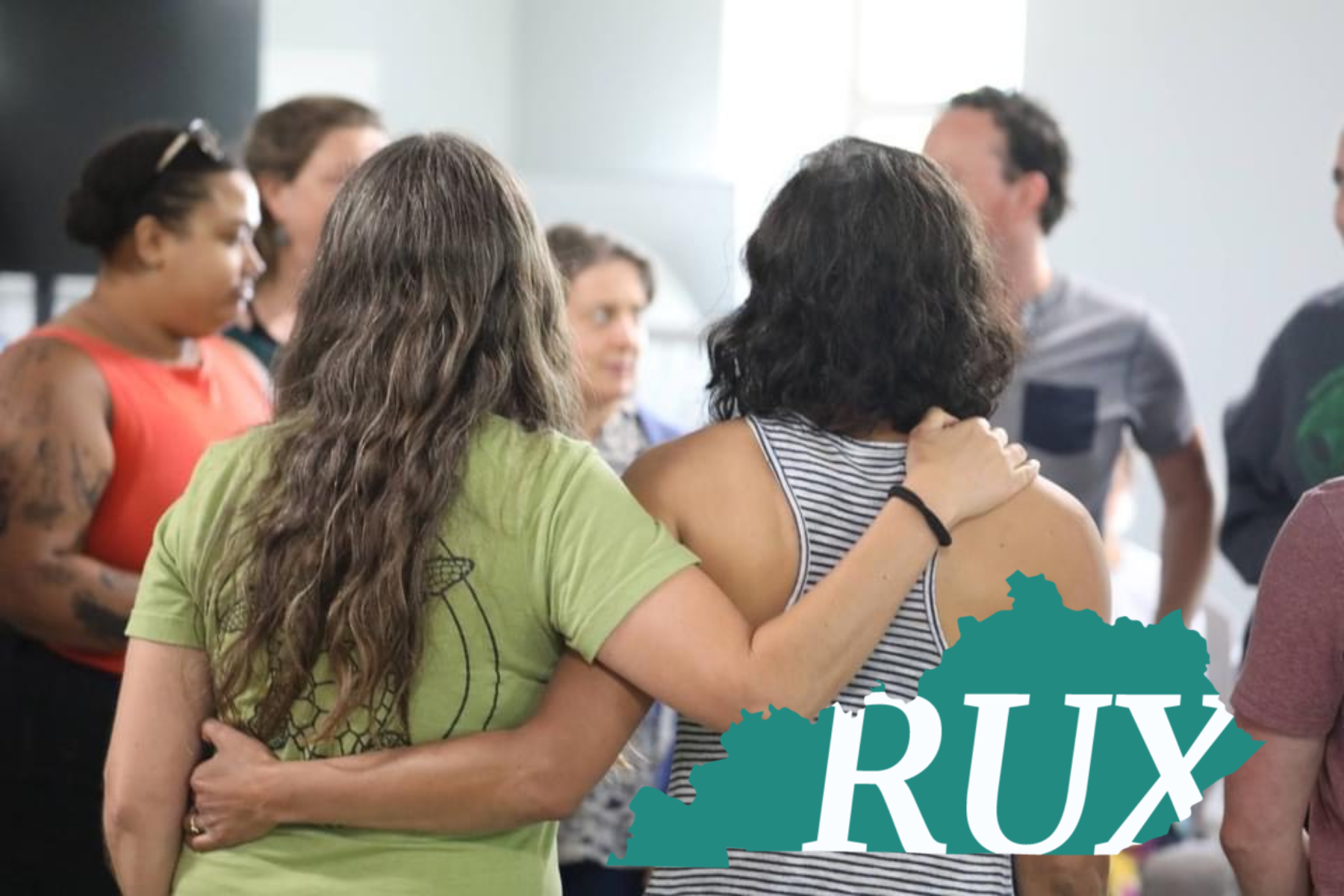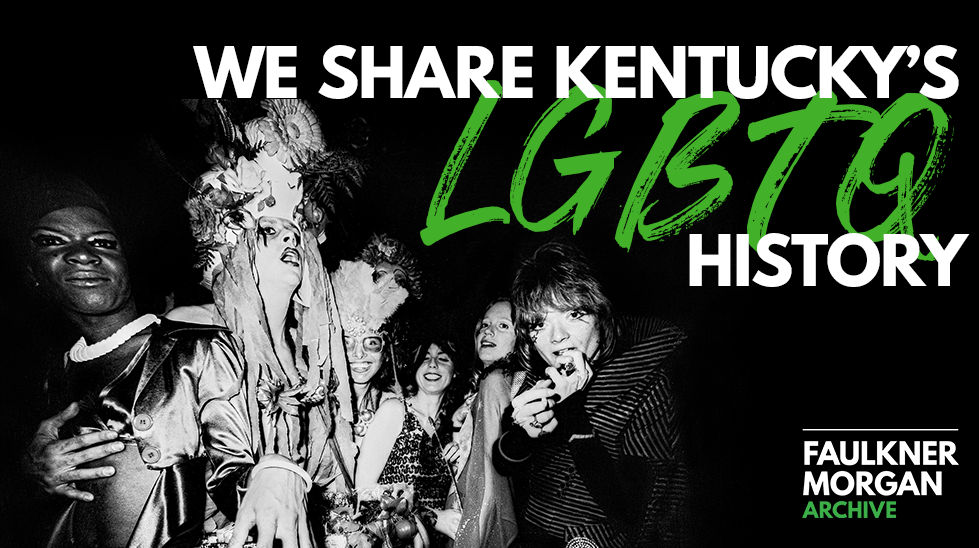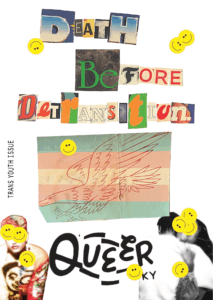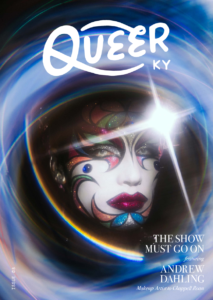JD Vance, Donald Trump answer to the rural-urban divide while organizers in Kentucky work to build bridges beyond elections
The “rural-urban divide” has been named a major fault line in American politics. This conversation leaves people quaking every presidential election, when rural swing states are often named as the deciding factor of the national vote.
JD Vance, venture capitalist and senator from Ohio, has been named Donald Trump’s running mate for November’s presidential election. Vance wrote “Hillbilly Elegy,” a best-selling memoir that received reviews naming the self-proclaimed “Appalachian” tale as exploitative, stereotypical, and unrepresentative of the region holding 13 states and 25 million people. Silas House, LGBTQ+ Kentuckian and chair of Appalachian Studies at Berea College, says the book “played to bogus notions on the left and right about the impoverished region.”
National coverage of Vance’s appointment as Trump’s running mate has theorized he was appointed to appeal to the “working class, rural white voters” that helped Trump win his first election. So, it can be said that the rural-urban divide will have more national political attention than ever as we enter into the 2024 election. As outside cameras, dollars, and opinions enter working class, rural communities across the United States, there are people already organizing here who are rooted in a love of a place and its people – without November as a primary focus.
Spotlight or not, there is year-round work going into bridging rural and urban communities: sewing solidarity and connection amongst neighbors who share a common love for a common place. In the case of the Rural-Urban Exchange Program (RUX), that love is for Kentucky.
RUX works to bridge divides and build connections among Kentuckians by meeting people, exploring place, and cultivating partnerships through annual weekend intensives and other programs. Although Kentucky’s population is only allegedly 3.4% LGBTQ+, the program boasts that 40% of applicants this year are LGBTQ+, according to Savannah Barrett, co-founder of RUX.
Barrett said to Queer Kentucky that “everything is infinitely richer because queer people are a part of this. RUX is like an ecosystem: diversity makes us stronger.”
With Black, Brown, Indigenous, LGBTQ+, and other historically marginalized people often targeted and or suppressed in states like Kentucky, RUX aims to use representation, care, and shared values to foster a welcoming space for all Kentuckians. RUX bridges relationships across differences, but most importantly, it uplifts a Kentucky story that is as “exciting, diverse, and complex as the communities RUX serves.”
While Barrett is not queer, the Steering Committee leading the program has diverse representation, including LGBTQ+ folks. Barrett shares that having diverse people at the front of the room and in places of leadership, not just included as an afterthought, is a key to making a place actually inclusive.
For many marginalized folks in rural areas, there is a feeling of loving a place, but not feeling like it loves you back. Barrett discusses this in the context of reflecting on her western Kentucky home with her eastern Kentucky friends.
“We realized there are a lot of us who feel tied to place, but also don’t feel like we could be our full selves in the communities we came from,” she says
From her personal friends to people involved with RUX, Barrett explains that it’s not a common experience that people are invited to talk about who they are as queer people and who they are as Kentuckians in the same breath.
For these reasons and more, RUX has been designed to invite people to show up as their full selves.
Levi House grew up in southeastern Kentucky, moved to Louisville at 18, and has lived in more urban places since. As a trans man, he has often felt that push and pull with his rural community.
Because of the space created and the discussions he had in RUX, House was brought hope about his complex relationship with home. This was mostly through being exposed to LGBTQ+ organizers living in rural areas across the state– living in places he did not think had many queer folks or safe spaces for them.
“As a queer person who left the rural place where I was raised, I have always felt a responsibility and desire to go back to where I am from– to the land and to the people,” House says.
He not only recognizes the responsibility to his home that RUX helped him reckon. House continues, “RUX feels really powerful. There are so many powerful people involved. It empowers me to step into my responsibility, to be aware of everything happening in Kentucky, and to work with all kinds of people to make it better.”
Bayley Amburgey is an organizer living in Louisville, originally from eastern Kentucky. She works in non-profits, and organizes outside of work through mutual aid and art. RUX has greatly expanded her network in many ways she did not expect.
She says, “Being Black and queer, you can usually assume how people feel about you. You have to be able to gauge that as a safety measure. I didn’t expect to make besties with someone like Papa Tom, a white man in his 80s.” But, she did.
RUX has helped Amburgey to knock down walls, and also to realize some walls were never really there in the first place. This has supported Amburgey in expanding her network across Kentucky, especially as someone who recognizes that opportunities and resources are often gate kept from marginalized groups, as well as younger organizers like herself. This program bridges multiple gaps for her.
Amburgey repeated throughout our conversation that we cannot discount people. She says that people are experts on their lives, even if you disagree with their interpretation. For her, division is sewn by reducing each other to stereotypes. The antidote to this is listening to each other, humanizing each other, and seeing each other’s hearts.
She says, “You can show me data points all day about the community I grew up in and the community I live in now. But, if everyone who lives there says that is not their experience, what is the data really offering other than stereotypes to throw money at?”
Partisan politics asks us to tune in when the voting booths are out, to make issues black or white, to pick a side, and to fight with our people in the process. Building community infrastructure asks us to hold complexities, to pitch in where we can, to love our communities, and to fight for our people, year-round.
As narratives about rural and urban communities are elevated by this presidential election, Kentucky’s Rural-Urban Exchange Program is actively challenging and expanding the boiled-down narratives about the communities they serve.












